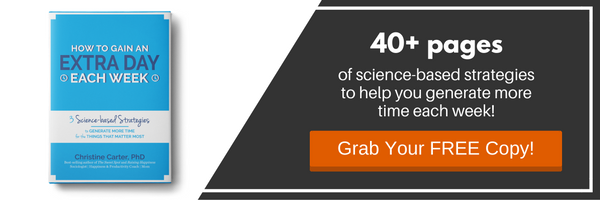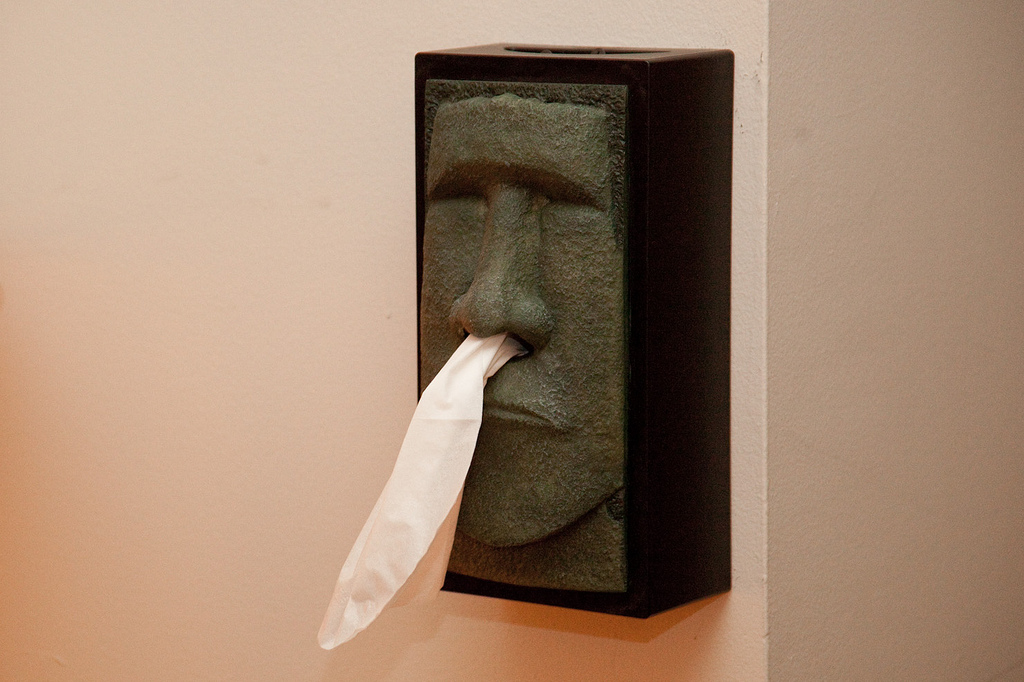“But who could have foreseen . . . that he would die a happy, giving, and beloved man? Only those who understand that happiness is only the cart; love is the horse.” – George E. Vaillant, M.D., Triumphs of Experience
If we look back at the last two centuries of research in sociology and psychology, the single strongest finding about our well-being is that our health, happiness, and longevity are best predicted by the breadth and the depth of our positive social connections — our friendships, relationships with family members, closeness to neighbors, and perhaps whether or not we know our grocery checker’s name.
People with many social connections are less likely to experience sadness, loneliness, low self-esteem, and problems with eating and sleeping, and are more likely to experience life positively.
This means that building stronger connections with people we already know, and building new and positive relationships with people we don’t know at all, can lead to a happier, healthier, more successful, and easier life. Social connections help us live and work from our sweet spots by bringing us both strength and ease.
People with many social connections are more likely to experience life positively. #FindingFlow Click To TweetPeople with many social connections are less likely to experience sadness, loneliness, low self-esteem, and problems with eating and sleeping, and are more likely to experience life positively.” username=”raisinghappines”]
Why? As it turns out, all positive emotions were not created equally. Love and the similar emotions that we experience when we feel connected socially — like affection, warmth, care, fondness, and compassion—are more powerful than the others. In Barbara Fredrickson’s words:
Love is our supreme emotion: its presence or absence in our lives influences everything we feel, think, do, and become. It’s that recurrent state that ties you in—your body and brain alike—to the social fabric, to the bodies and brains of those in your midst. When you experience love . . . you not only become better able to see the larger tapestry of life and better able to breathe life into the connections that matter to you, but you set yourself on a pathway that leads to more health, happiness, and wisdom.
The longest running study of human development, The Harvard Grant Study, has charted the physical and emotional health of over two hundred Harvard alumni since 1938 (which means that many of the study’s participants are pushing a hundred years — or pushing up daisies). The Grant Study makes it clear that “the most important influence, by far, on a flourishing life is love,” as one of the researchers behind the study, George Vaillant, put it in Triumphs of Experience.
It isn’t just that people who are more connected are the happiest people. They are also the most successful at work and at school. When college students feel a sense of belonging, their grades go up. In one study, African American college students were asked to read a short testimonial from older students about how they had been worried about fitting in but that things had turned out well. They then had to make a short video testimonial about their own experience of fitting in. This one simple intervention “led to an enduring improvement in GPA in nearly every semester of about 0.2 GPA units (for example, a GPA of 3.6 instead of 3.4),” writes UCLA neuroscientist Matthew Lieberman.
Beyond feeling a sense of belonging, an “ability to build relationships” predicts how well people do at work. This relationship capacity proved to be more highly rated than their “focus on results” in determining whether or not a manager is rated among the top 10 percent of leaders in a given company. Similarly, a person’s social skills (which are strongly related to the breadth and the depth of their social connections) are twice as important as intelligence for predicting whether or not they will emerge as a leader when they are assigned to a random team project.
And a deep well of research shows that positive social connections protect our health. Again, according to Fredrickson:
[A lack of connection] is, in fact, more damaging to your health than smoking cigarettes, drinking alcohol excessively, or being obese. Specifically, these studies tell us that people who experience more warm and caring connections with others have fewer colds, lower blood pressure, and less often succumb to heart disease and stroke, diabetes, Alzheimer’s disease, and some cancers.
So as Winter and the Holidays approach, one of the very best things we can do to protect ourselves from the common cold, the dreaded flu, and a host of other illnesses is to reach out to those around us — our friends, family, neighbors, coworkers and even strangers.
Join the Discussion: What most makes you feel connected socially? When do you feel most lonely?
This post is based on an excerpt from Chapter 6 of The Sweet Spot.
Don’t have time for friends? Download the “How to Gain an Extra Day Each Week” eBook and learn practical ways you can start generating more time in your life and schedule for the things that matter most to you.

Photo courtesy of Jason Kuffer via Flickr.


Thanks for this post, as always. I would add a few tips from the POV of a local acupuncturist: https://crowheartacupuncture.wordpress.com/2016/10/06/6-tips-for-staying-healthy-during-sugar-season-preventing-colds-and-flus/
I feel connected socially when I smile at strangers and they smile back at me.
Love that!
I’m so glad you posted this. This is one of my research (Medical Sociology) topics. More specifically, it’s about the power of touch and affection. I was involved in a large community (ended up being full of narcissists, unfortunately), but they were extremely affectionate. When I was in this community, I hadn’t gotten sick in over a year or two, that was unheard, given that I have MS. I attributed it to essential oils originally, but then last year, when I left this community and a church that I had attended for 12 years, my immune system plummeted! Currently, I’ve been sick for 45 days and counting! I realized and researched how much affection and connection has in staying well. I went from being around about 300 people who I felt loved and supported by (originally) to 4 people! Also, I graduated in May, so I lost that community as well. So, as you can imagine, I feel quite lonely now. Thanks to your course, giving me more time, I’m trying to become social again, as I recover from the narcissistic abuse (by several people) and burnout. Affection, volunteering, kind eyes, soft voices makes me feel connected socially.
Sending you warm healing thoughts and a virtual hug!
Thank you so much. <3 *Hugs*